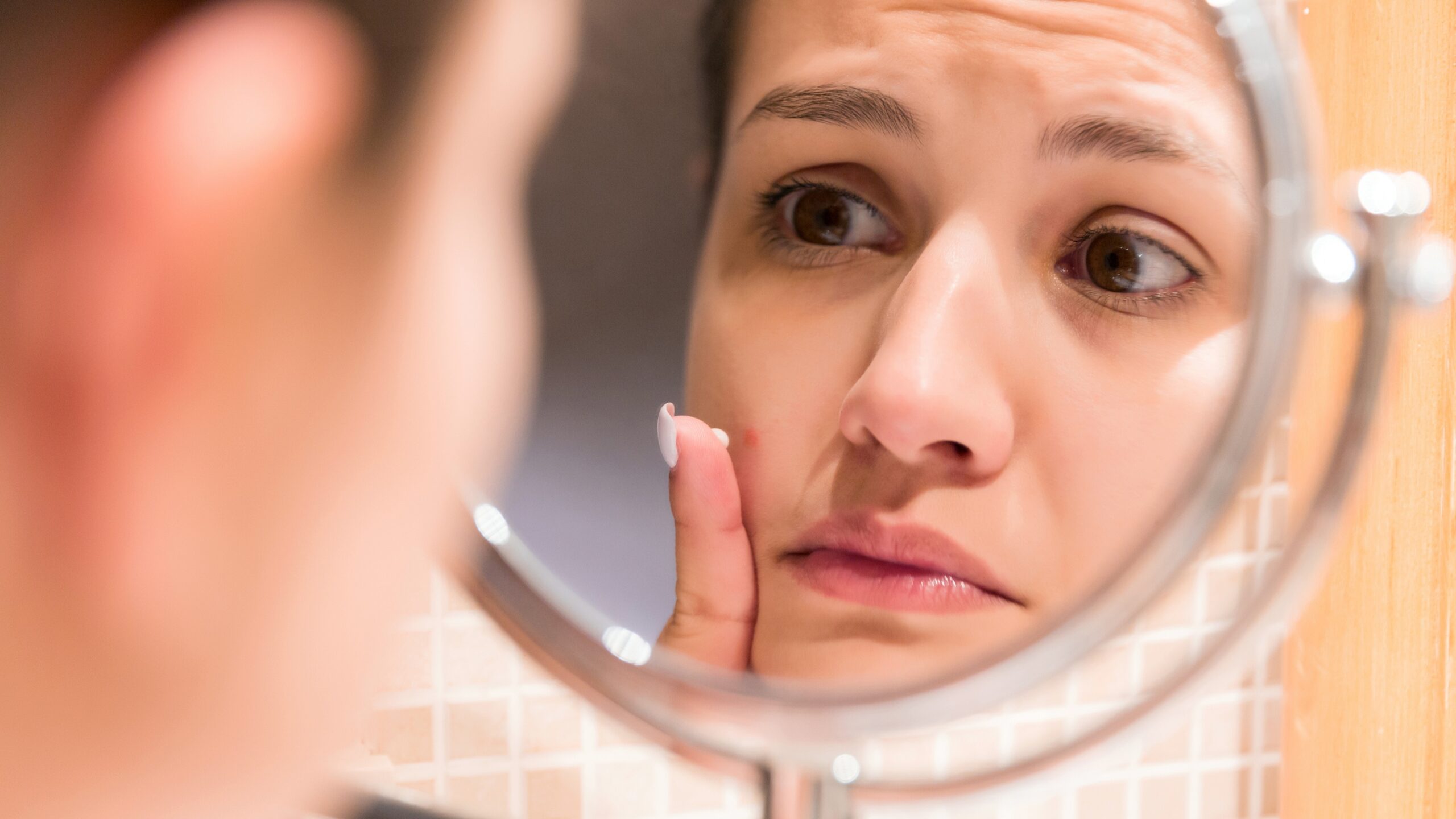
There's a dermatologist on TikTok who is telling the truth about DIY skin care trends that have been making the rounds on social media. And let's just say that the truth about many DIY skin care trends we see on social ain't pretty. This doctor's name is Dr. Shah, and he's been getting a lot of attention for posting a series of videos calling out the "Worst Skin Care Trends." And he's not the only expert who is trying to put a stop to dangerous beauty trends. Now, why should we listen to experts as opposed to listening to all the beauty influencers who are sharing and resharing these DIY skin care and beauty hacks? Well, wait for it…
More from MamásLatinas: 30 Natural remedies to keep curly hair healthy & beautiful
We should listen to experts, because they actually know what they are talking about and specialize in treating skin, hair, nails, and mucous membranes. We think it's pretty safe to say that most of the beauty influencers sharing DIY treatments for your skin are not medical doctors or experts and may not even have any kind of formal training in how to care for or treat skin. They're just trying things out and letting you know about them. We get it—we watch the tutorials, too. But we want to let you know about some of the things that Dr. Shah and other experts are specifically calling out, because it's important to remember that many of the beauty trends you see online are coming from non-experts and might not actually be good for you. Like what? Well, keep on reading and we'll tell ya.
Magic Erasers are not meant for human skin.
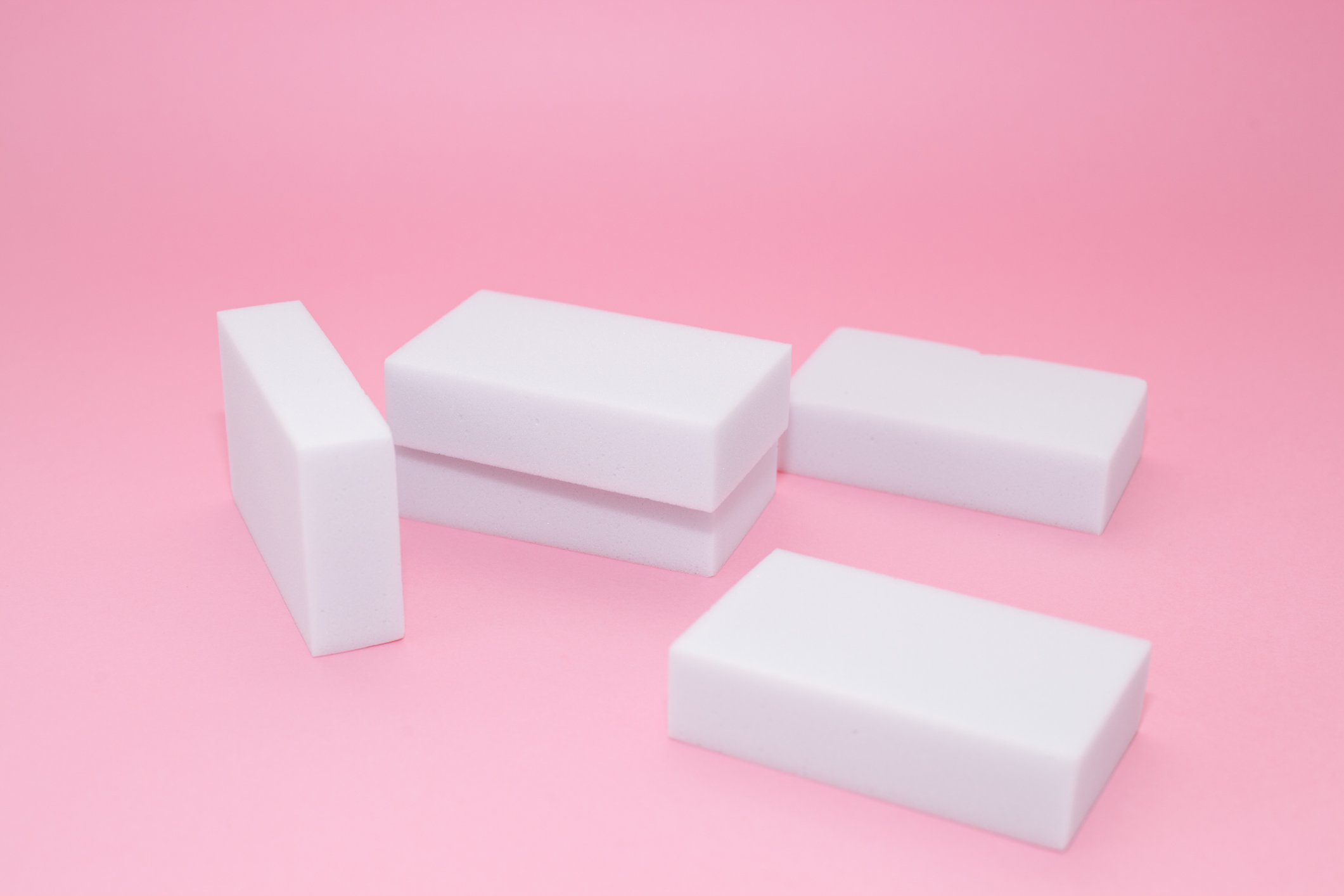
Magic Erasers are squares of melamine foam that have been sometimes been treated with a cleaning solution. They are great for cleaning your home and getting out tough stains, but lately on social media they are being used to even out self-tanner streaks. Don't do it! "The sponges are not only abrasive, but they contain chemicals that should not be placed on the skin, let alone scrubbed into it," says San Diego-based dermatologist and cosmetic surgeon Melanie D. Palm, MD. "It can cause rashes, itching, skin breakdown, and in rare circumstances, a systemic and life-threatening allergic reaction called anaphylaxis."
What's the harm in using "nontoxic glue" to get rid of blackheads?
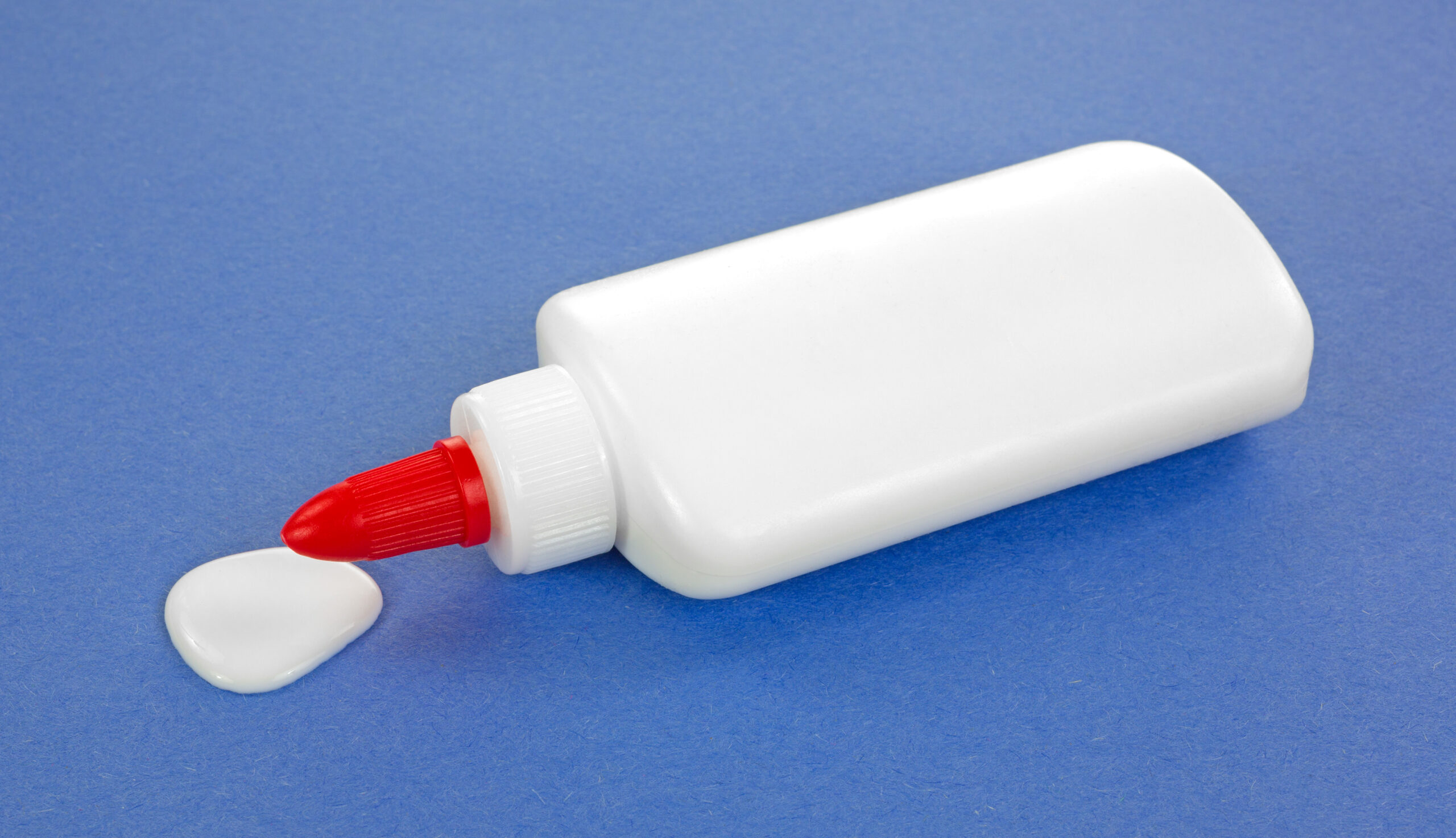
Have you seen the beauty trend where people use glue to extract blackheads? Yeah, maybe stay away from using glue on your face. Why? "You should typically refrain from applying something to your face that isn't meant for your skin, even if Elmer's is nontoxic," says plastic surgeon and skin care expert Dr. James C. Marotta. "The glue could actually clog your pores more, and you could also harm your skin when you remove it."
Don't use hemorrhoid cream on your eyes.
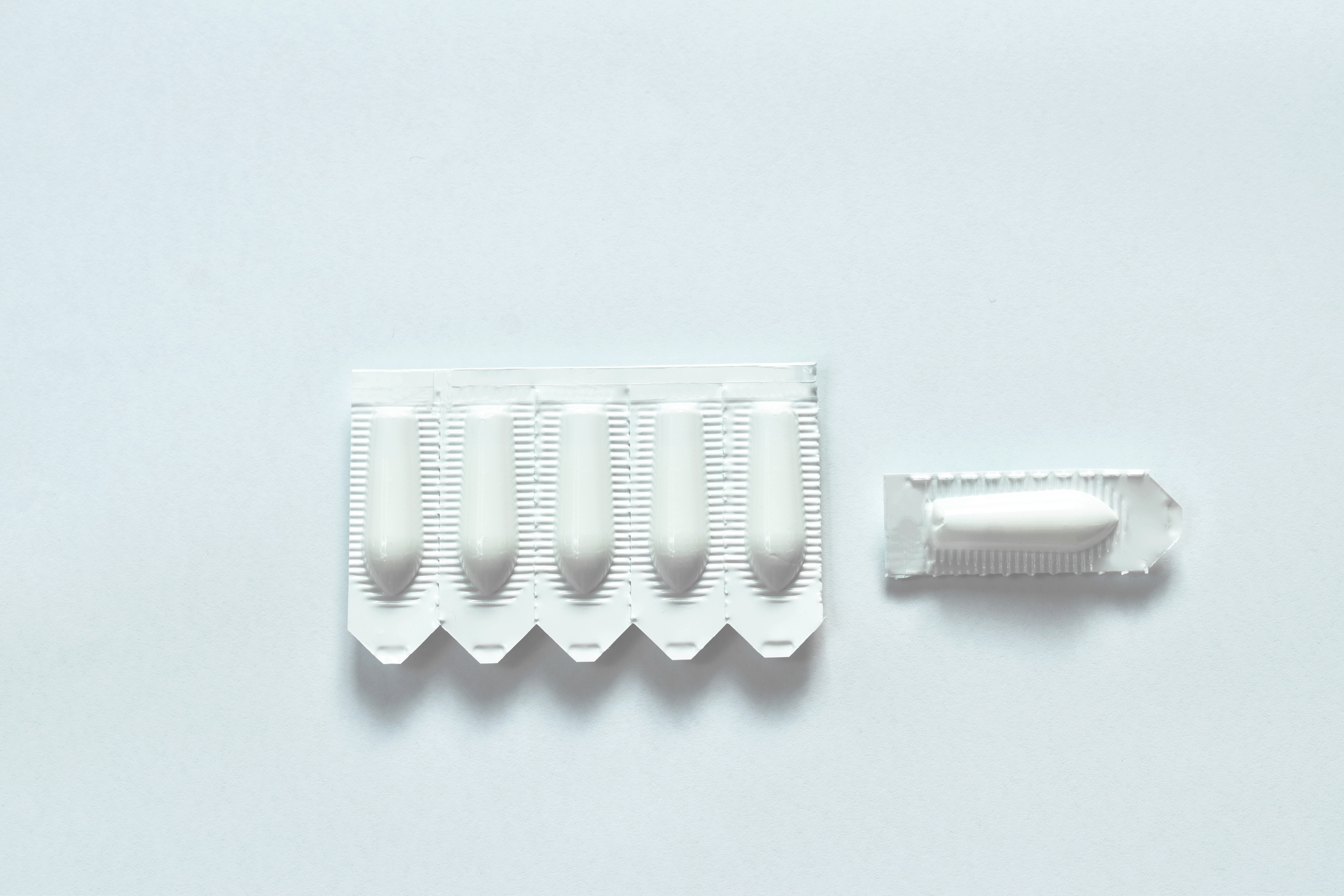
This beauty trend outdates social media, but social media had been giving it new life. Basically, the idea is that you use hemorrhoid cream to get rid of puffiness and under-eye circles. Hemorrhoid cream is made to be used on the body, so what's the harm? "There is a reason hemorrhoid creams are used for a specific area on the body—the ingredients are not meant to be near sensitive areas like your eyes," says Beverly Hills plastic surgeon John Diaz, MD.
Bleach on your skin can be very dangerous.
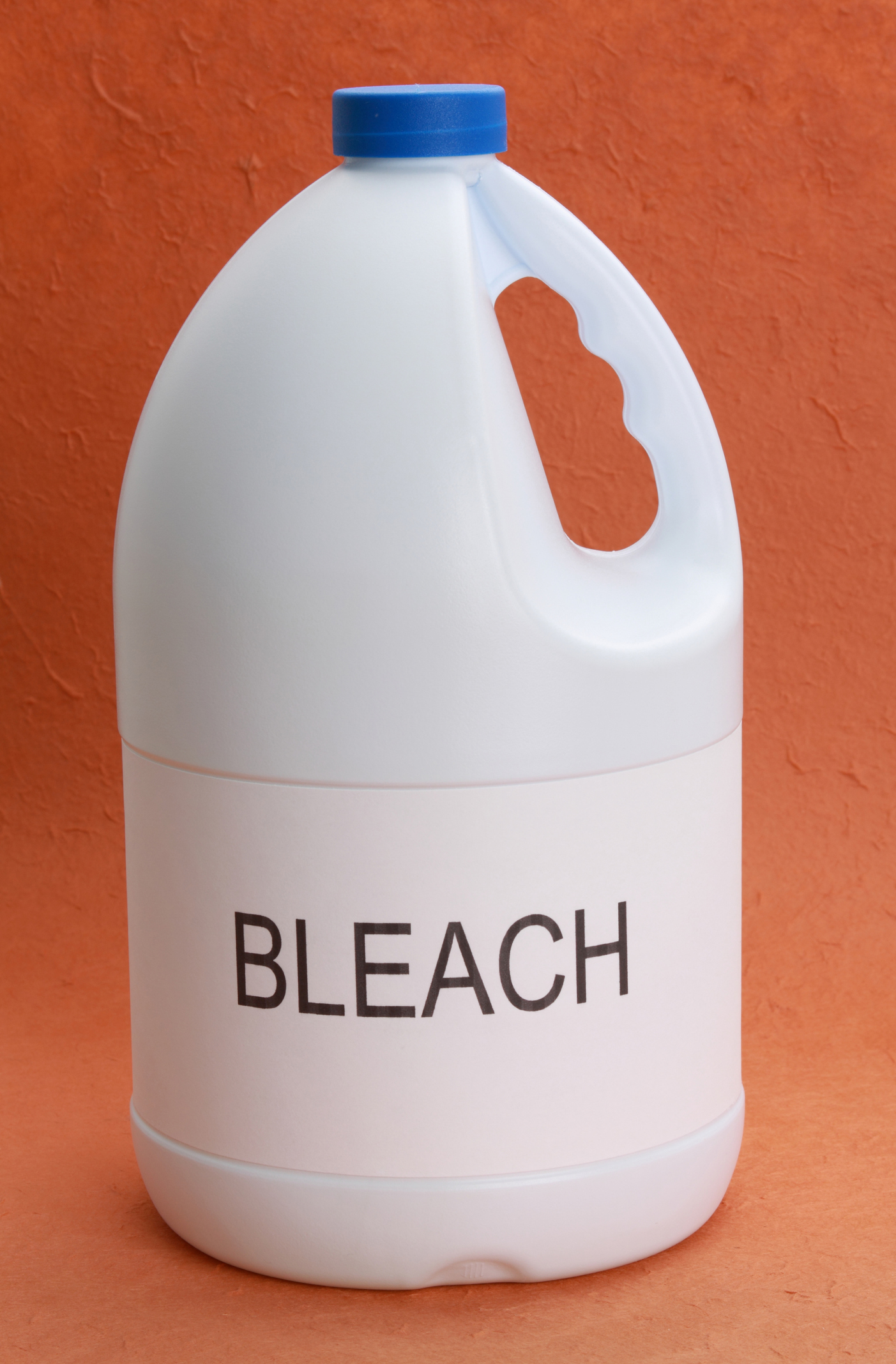
People are using straight up bleach, the kind meant to whiten your clothing, to supposedly deal with redness and lighten skin. JUST NO! If bleach is corrosive enough to damage metal, imagine what it can do to your skin.
Coffee scrubs aren’t good for your skin.
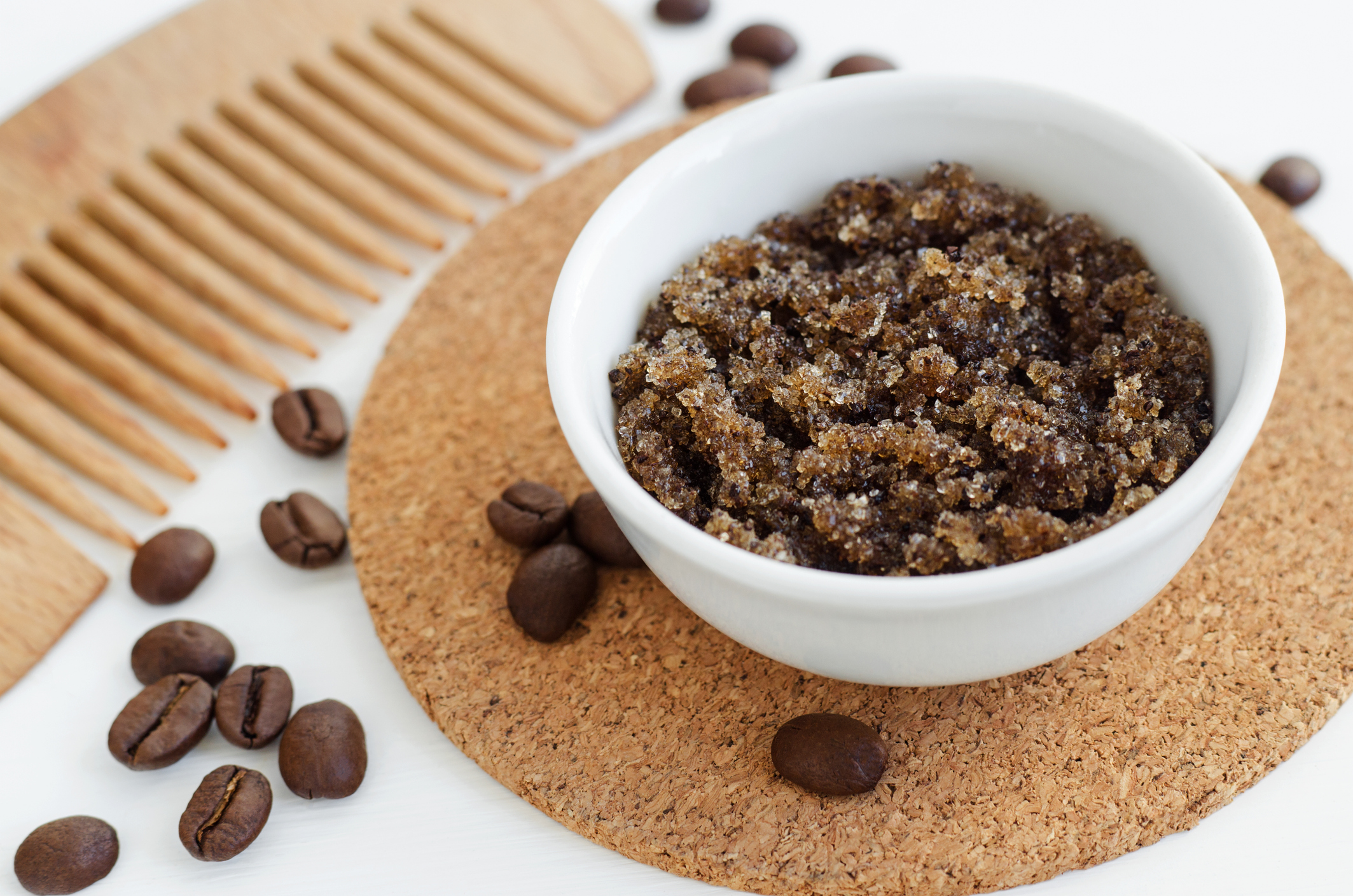
In one of the videos that Dr. Shah posted, he mentions that coffee scrubs aren't good for your skin. "Damages the skin," he wrote. Now, these are TikTok videos he's sharing, so it's not like he gets into details about everything, but we looked around, and apparently DIY coffee scrubs can cause microtears in your skin. Makes sense. The coffee is ground coarsely because it's for brewing coffee that you drink, not for scrubbing your precious skin.
Ginger pore masks can cause damage.
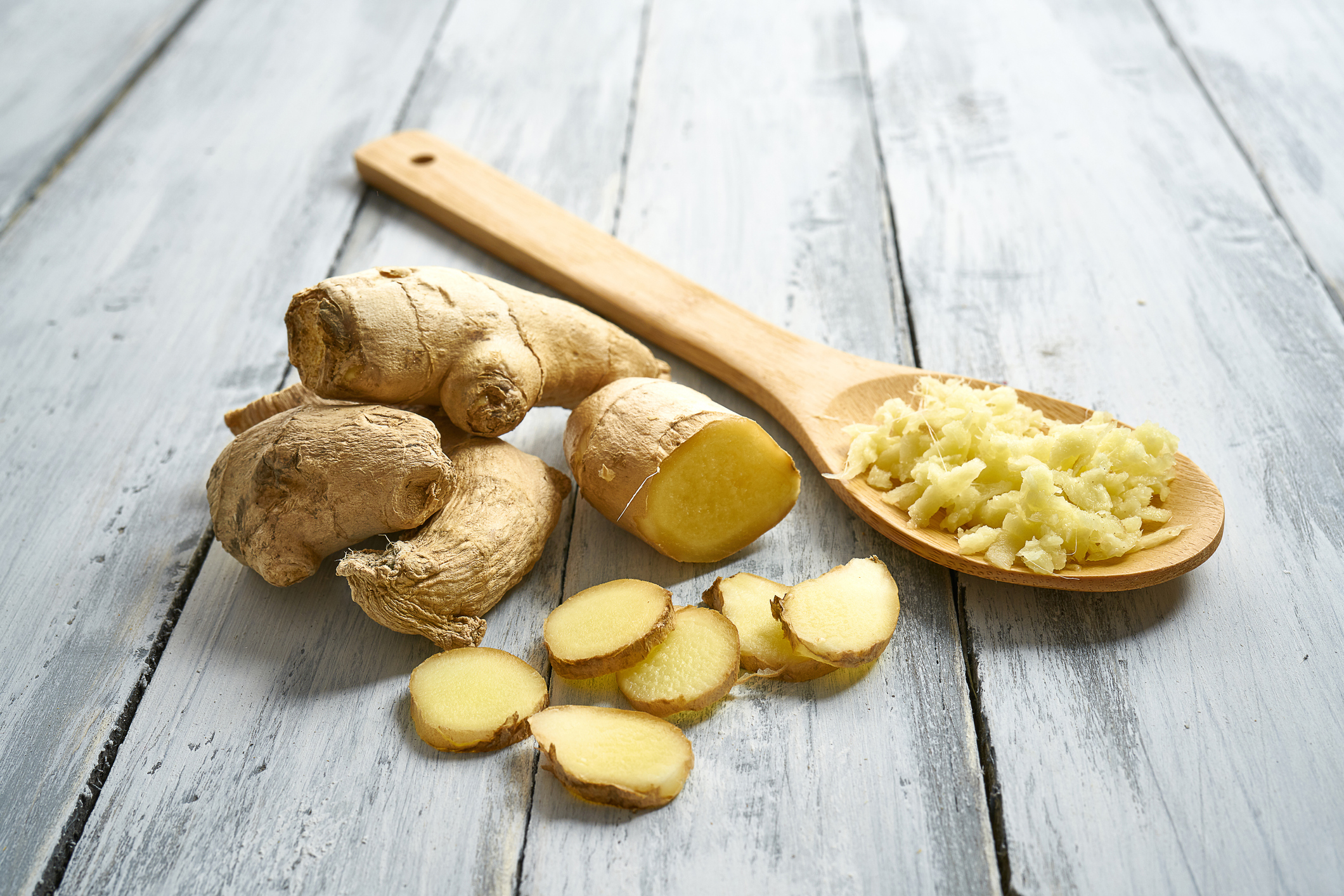
"Damages the skin," Dr. Shah wrote about ginger pore masks. He didn't get into the why or how of the damage, so we can't elaborate on that, but he seems pretty sure that putting raw ginger on your skin is a definite no-go.
You might want to skip witch hazel toners.
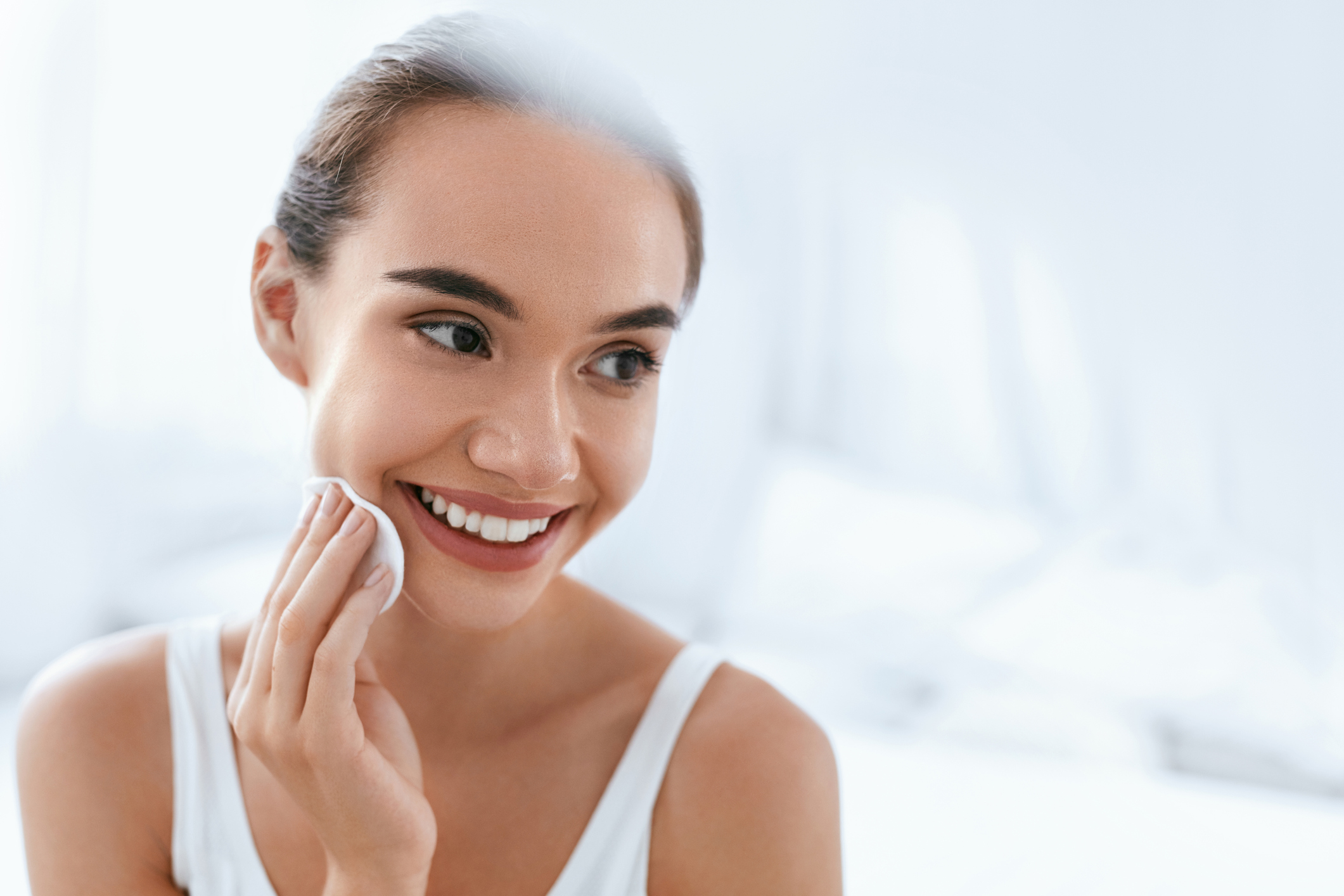
Not gonna lie—this one caught us by surprise, because witch hazel is touted as being great for your skin. But is it? We've heard of witch hazel being recommended for treating acne, but apparently because of its drying aspects it can actually make acne worse in some cases. When in doubt, consult a dermatologist on whether or not witch hazel is something you should be using to treat your skin.
Leave the pore vacuums to the professionals.
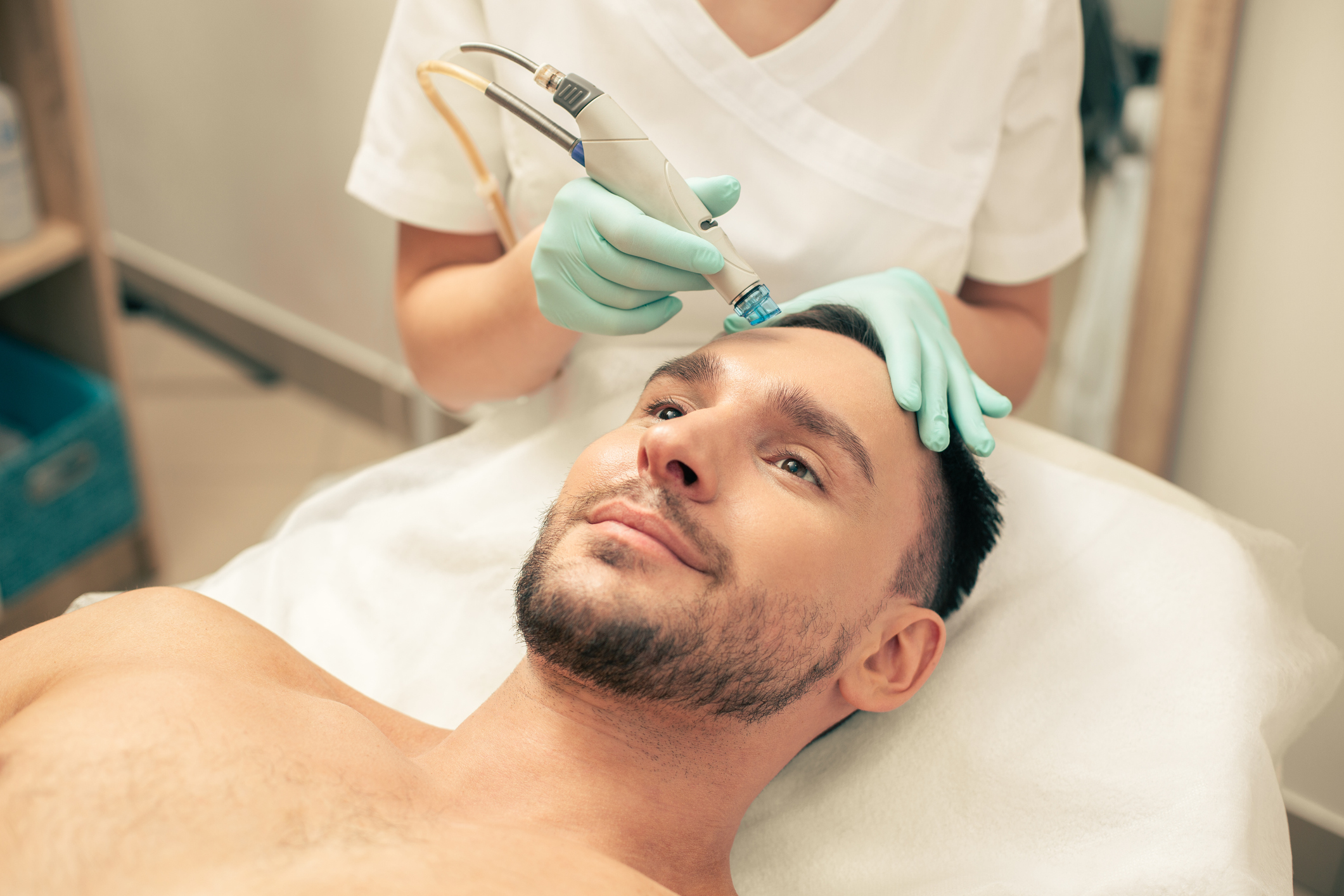
Dr. Shah warns to stay away from them, though, because they can cause damage. We looked into it, and the risk of using at-home pore vacuums is that when used by people who aren't trained or experienced, skin can get bruised, and you can even get a skin condition called telangiectasias, which refers to small broken blood vessels in the skin.
Stay away from hydrocortisone for acne unless your doctor prescribes it.
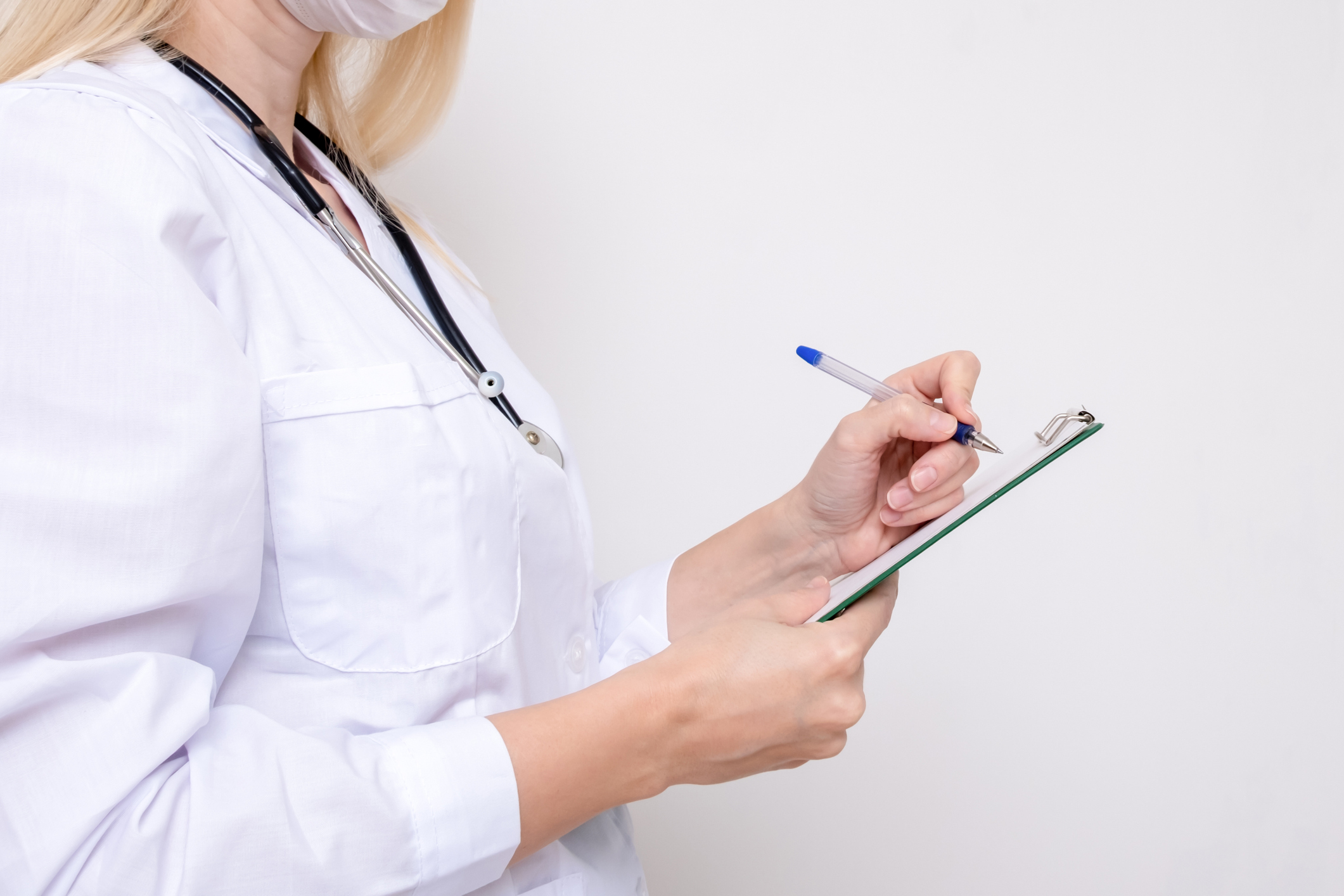
Hydrocortisone cream is something you can buy over-the-counter, so why not use it for acne? Hydrocortisone is a steroid that can damage skin. The skin on your face is particularly delicate and certainly not something that you would want to damage, so you should only ever use hydrocortisone cream on your face if it has been prescribed to you by your doctor.
CBD oil is over-hyped and under-researched.
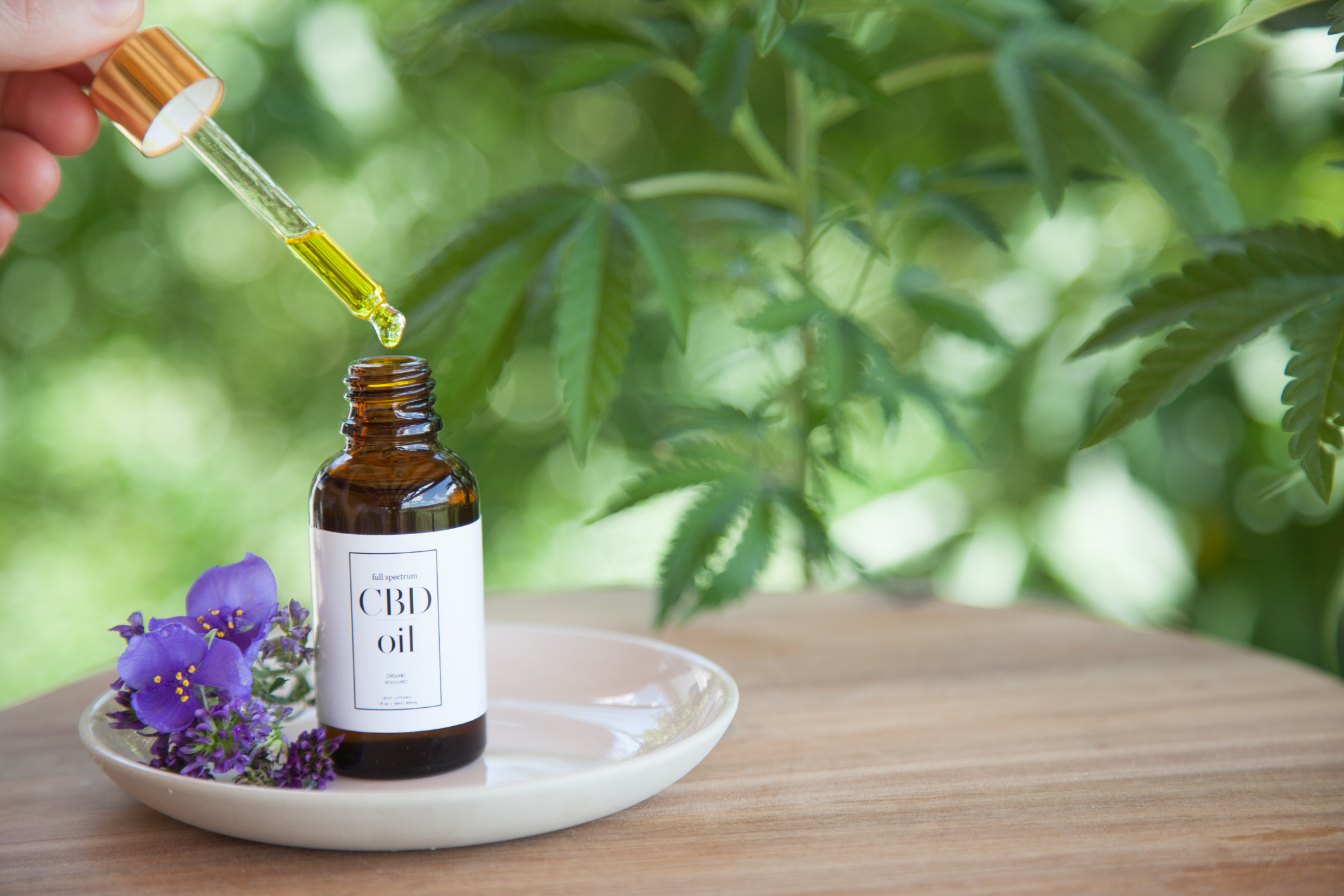
"Over-promises results. More research needed," wrote Dr. Shah when mentioning the use of CBD oil on your face. CBD oil comes from the cannabis plant, and it is being touted for all kinds of uses—like to treat anxiety, pain relief, and even acne. The thing is, there just isn't enough research to prove that any of the claims being made for skin care are actually true. That's not to say that someday there won't be research that proves CBD oil is a great skin treatment, but at the moment it's all just anecdotal evidence.
Jade rollers feel good, but that’s about it.
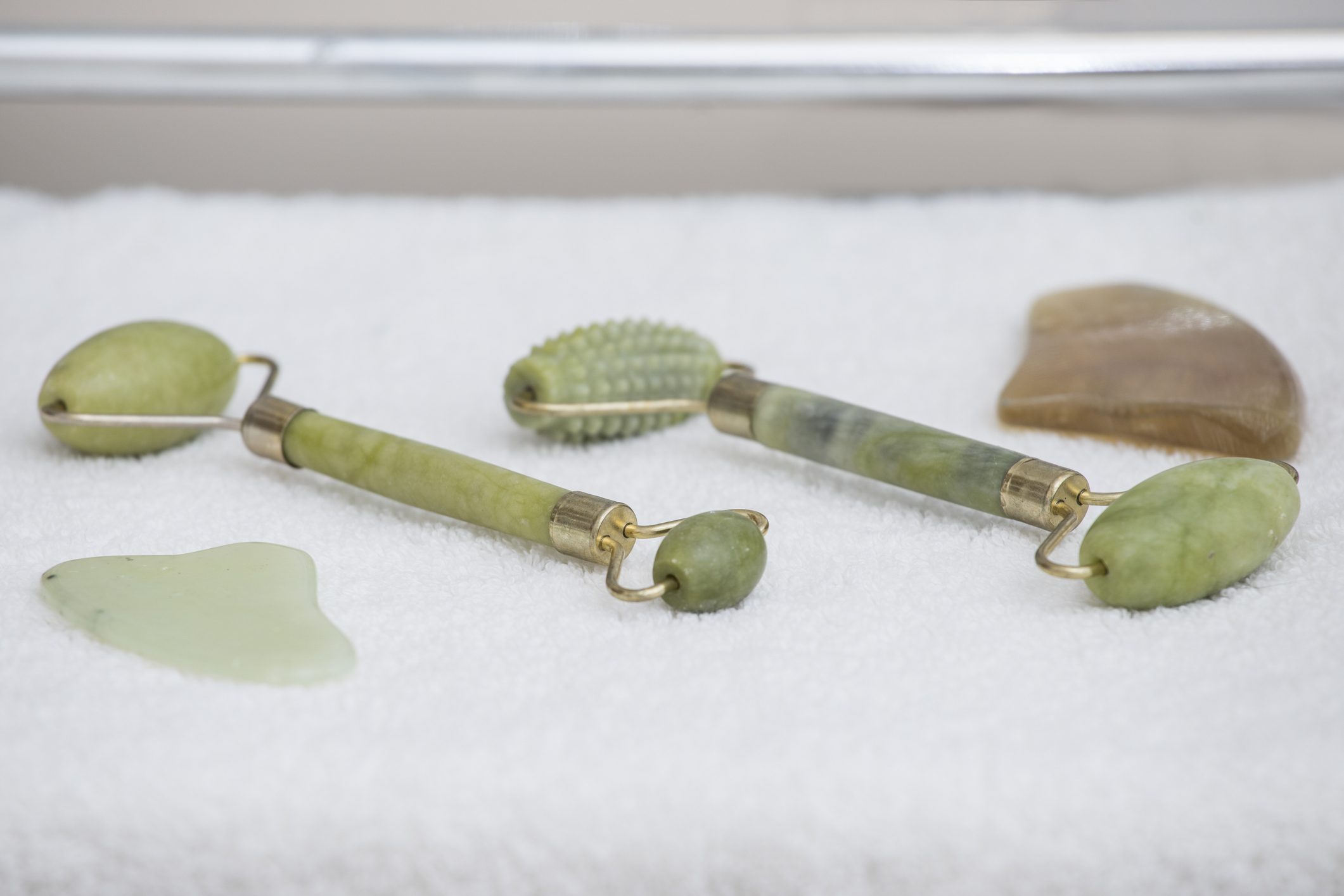
"Not harmful, but also don't work," wrote Dr. Shah. Well, this is one instance where we may just keep on keepin' on, because if you've ever tried a jade roller, you know that it feels great. It's really relaxing, and if it's not doing any harm, then why stop? We'll just keep rollin' with it.
The Ordinary's peeling solutions aren't for beginners.
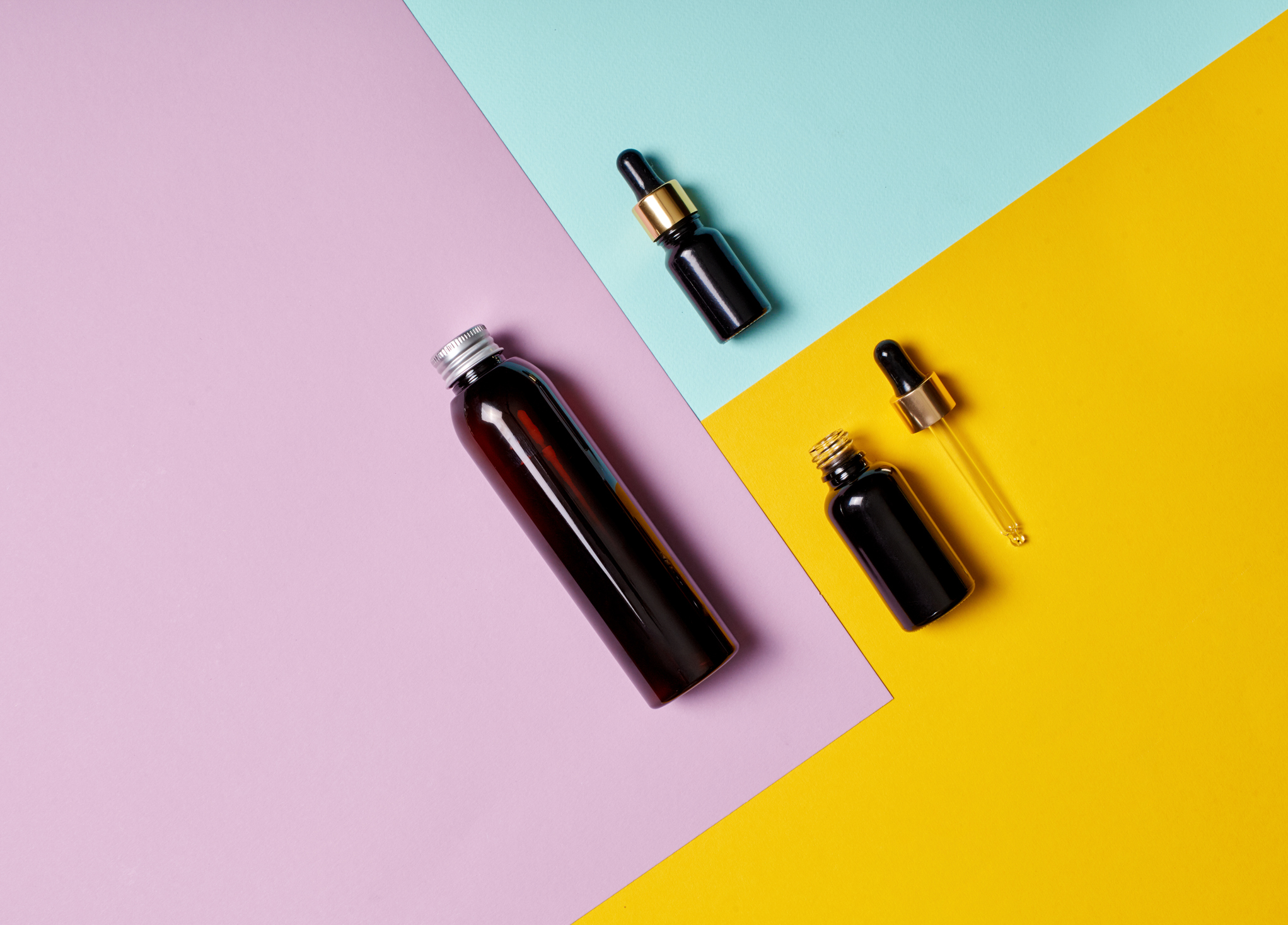
"Actually, great product! But, not for beginners! Best if added to consistent skin routine," wrote Dr. Shah. Some things just aren't for beginners, and that's OK. If you want to try a peeling solution, talk to your dermatologist and get some guidance on how to incorporate it into your skin care routine.
Mario Badescu facial sprays have harmful ingredients?!
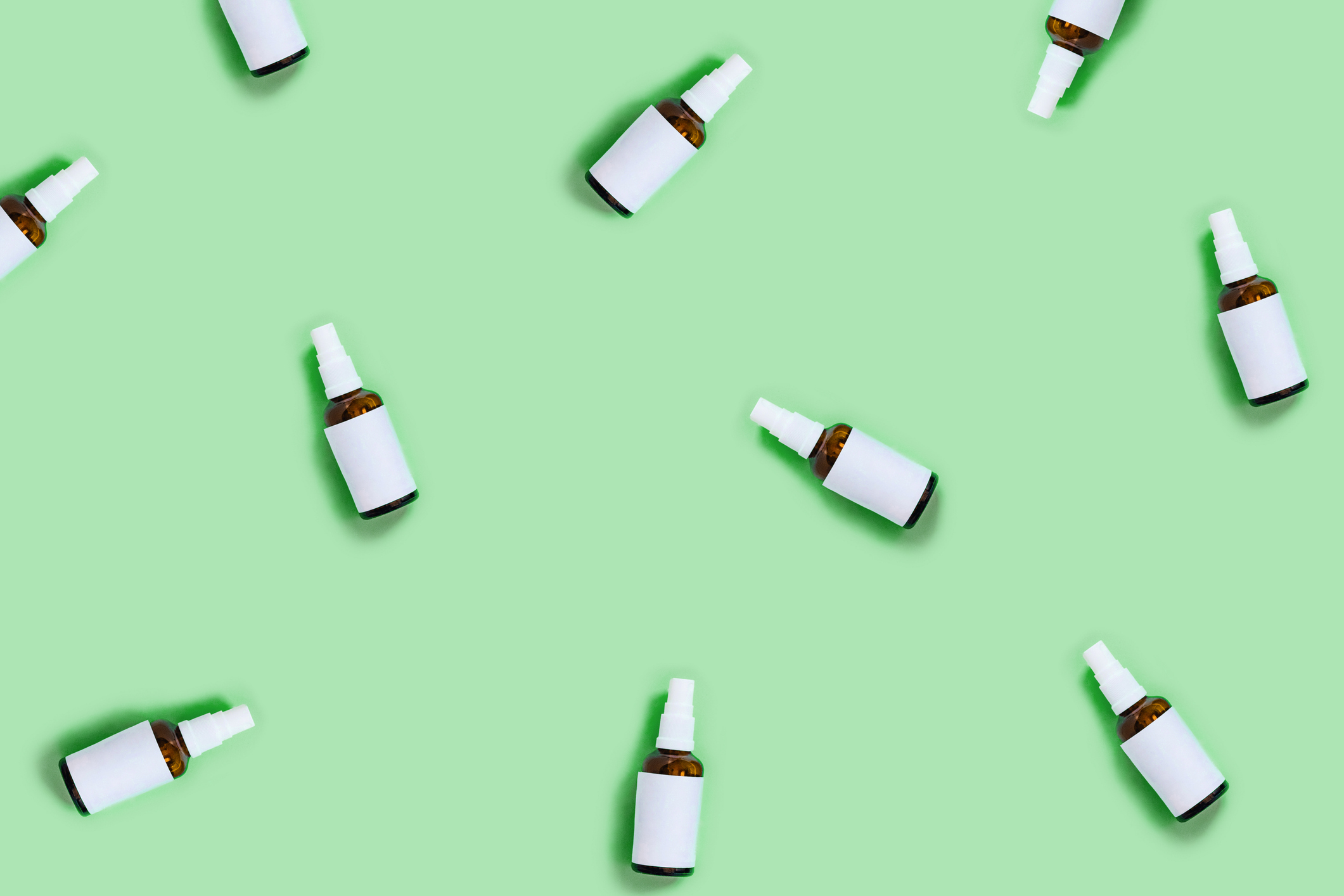
"No benefits, just harmful ingredients." Wait, what?! According to Dr. Shah, you shouldn't bother with Mario Badescu facial sprays because the ingredients aren't good for you and there aren't even any benefits. He didn't say that about the whole Mario Badescu line, but he did call out the facial sprays in particular. Very interesting.
Don’t use toothpaste on your pimples.
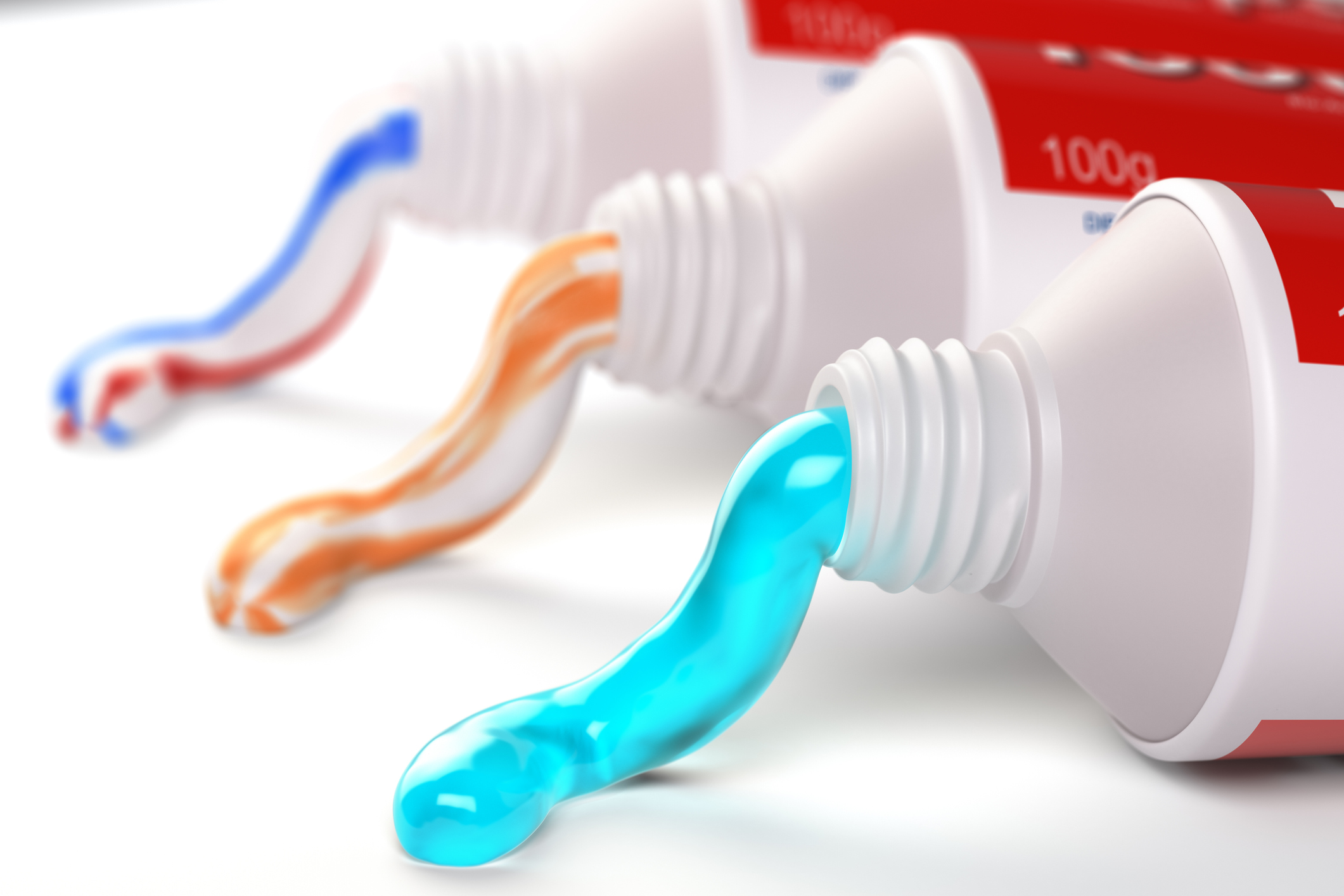
We've totally tried this one, but we won't from now on. Apparently, there used to be an ingredient in toothpaste that was good for getting rid of pimples, but it is no longer in toothpaste, and now the only things that are in toothpaste could actually irritate your skin. Here's what Dr. Shah wrote: "Putting toothpaste on your pimples? Triclosan in toothpaste used to help with acne. FDA banned in 2016. Removed from toothpaste in 2019." Instead he suggests you spot-treat with benzoyl peroxide, salicylic acid, or adapalene.
Cooking spray is for cooking, not for tanning.
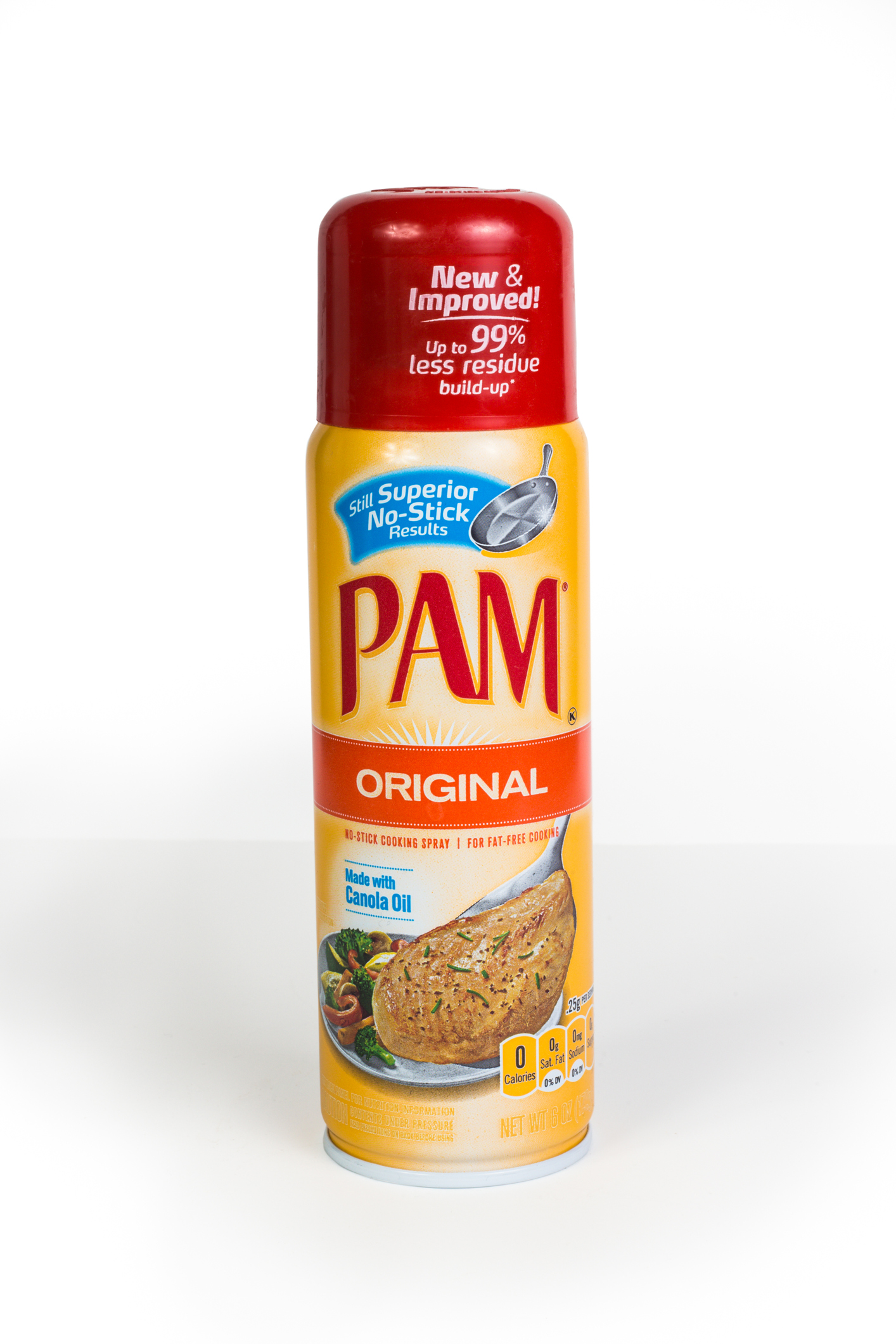
"Please do NOT do this. Just saw this after removing skin cancers all day. She is cooking herself. PAM is for cooking eggs not people," wrote Dr. Shah in reaction to a video of someone sprayed down with Pam and roasting herself in the sun. Seriously, why would anyone do that to themselves? Please don't.
Lemons and limes are not meant for your skin.
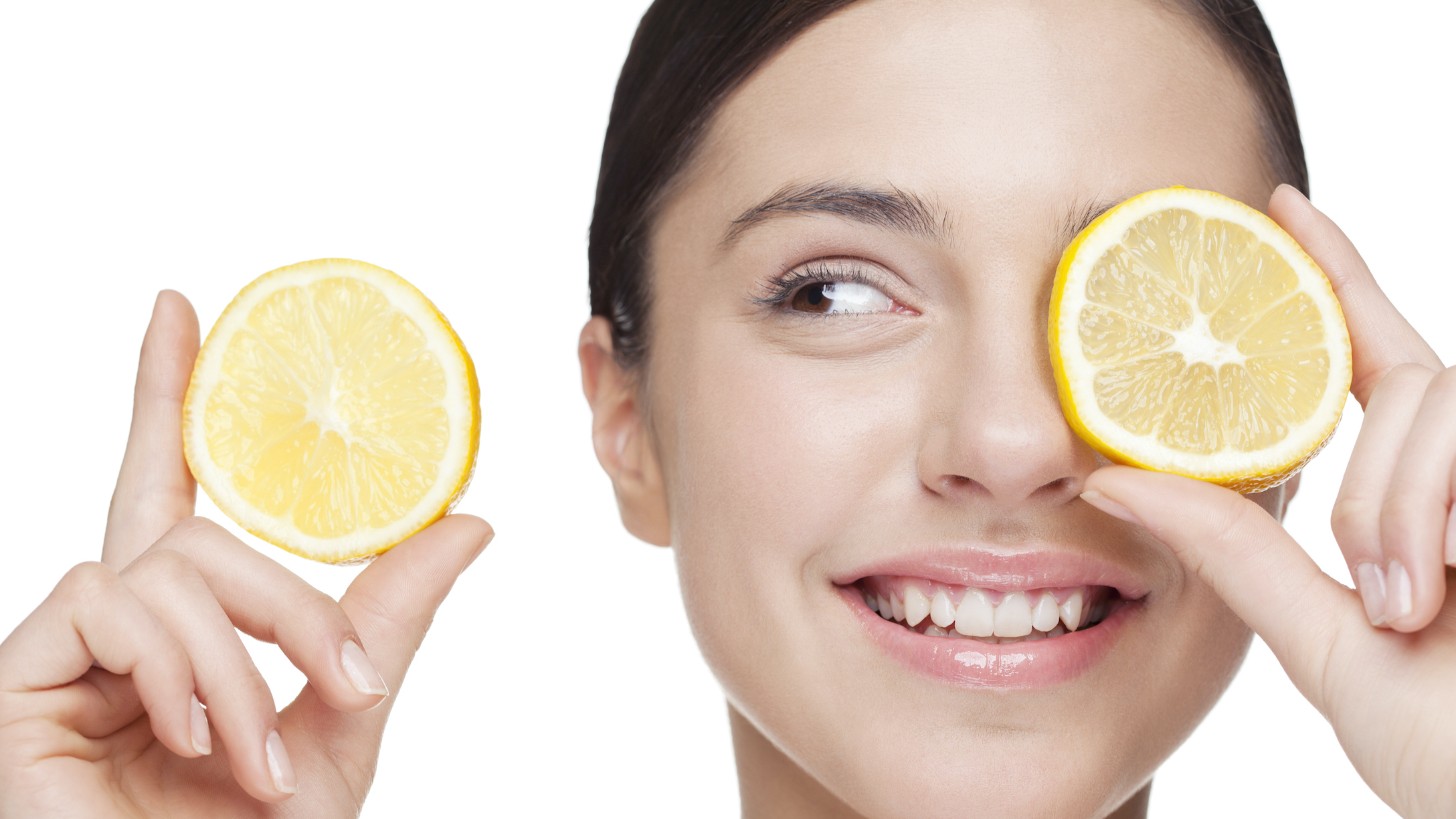
Lemons and limes seem pretty harmless, so why not use them for beauty treatments? Well, when you buy products that contain citrus products in them, they have been formulated to be safe for your skin. A whole lot of science has gone into making the product safe for your skin. When you put lime or lemon juice directly on your skin, it can cause all sorts of problems, like irritation, redness, peeling, and dryness. Also, if you use citrus directly on your skin and then go out into the sun, you can get phytophotodermatitis, which can manifest as "painful blistering" of the skin.
Harsh scrubs are too harsh for your delicate face.
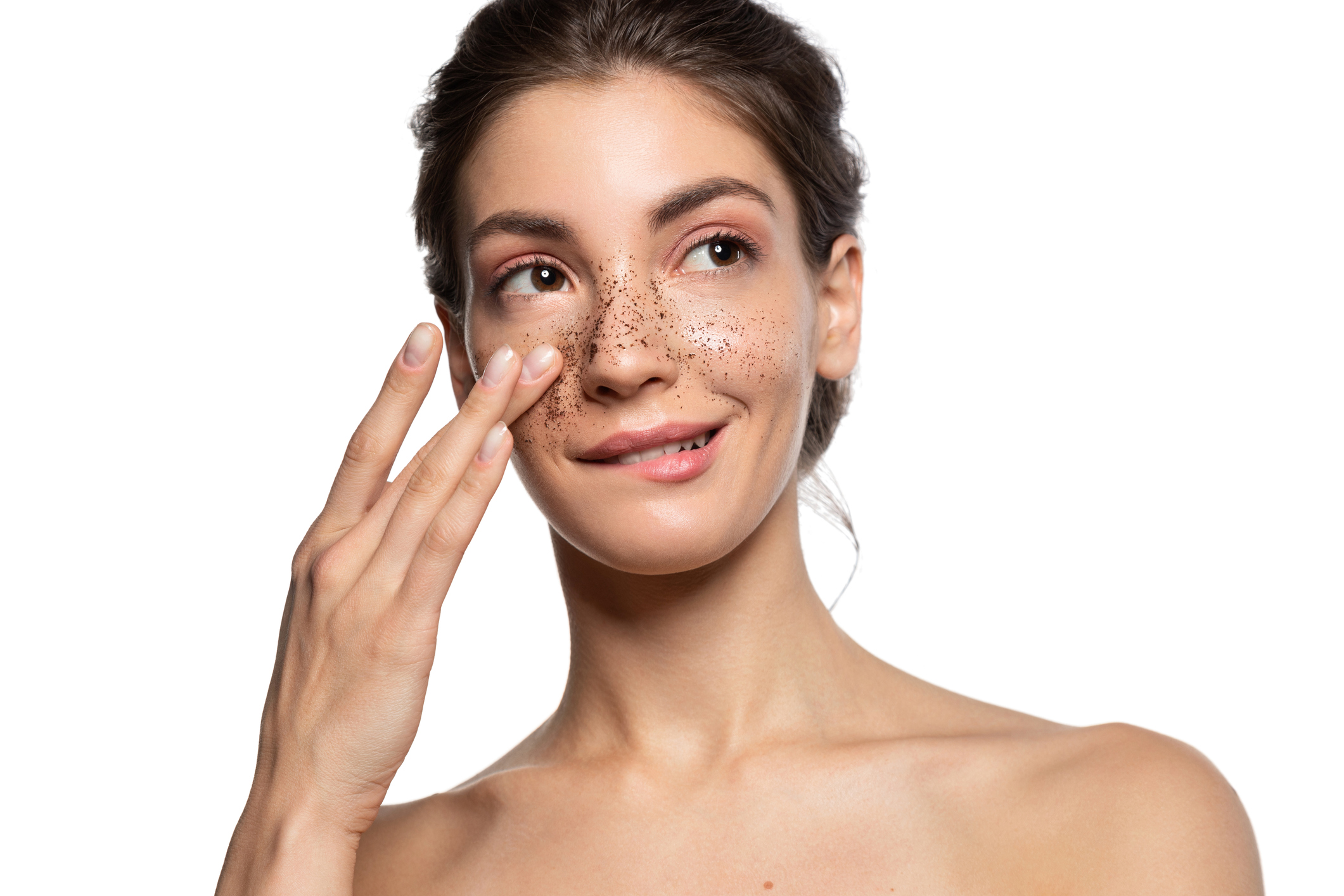
Again, this goes back to the whole coffee-grounds-used-as-a-scrub idea. Your face can't handle being scrubbed like a bathtub. Your skin will get microtears in it, and that's not going to do it any good. Stay away from harsh scrubs.
Keep the baking soda off your face.
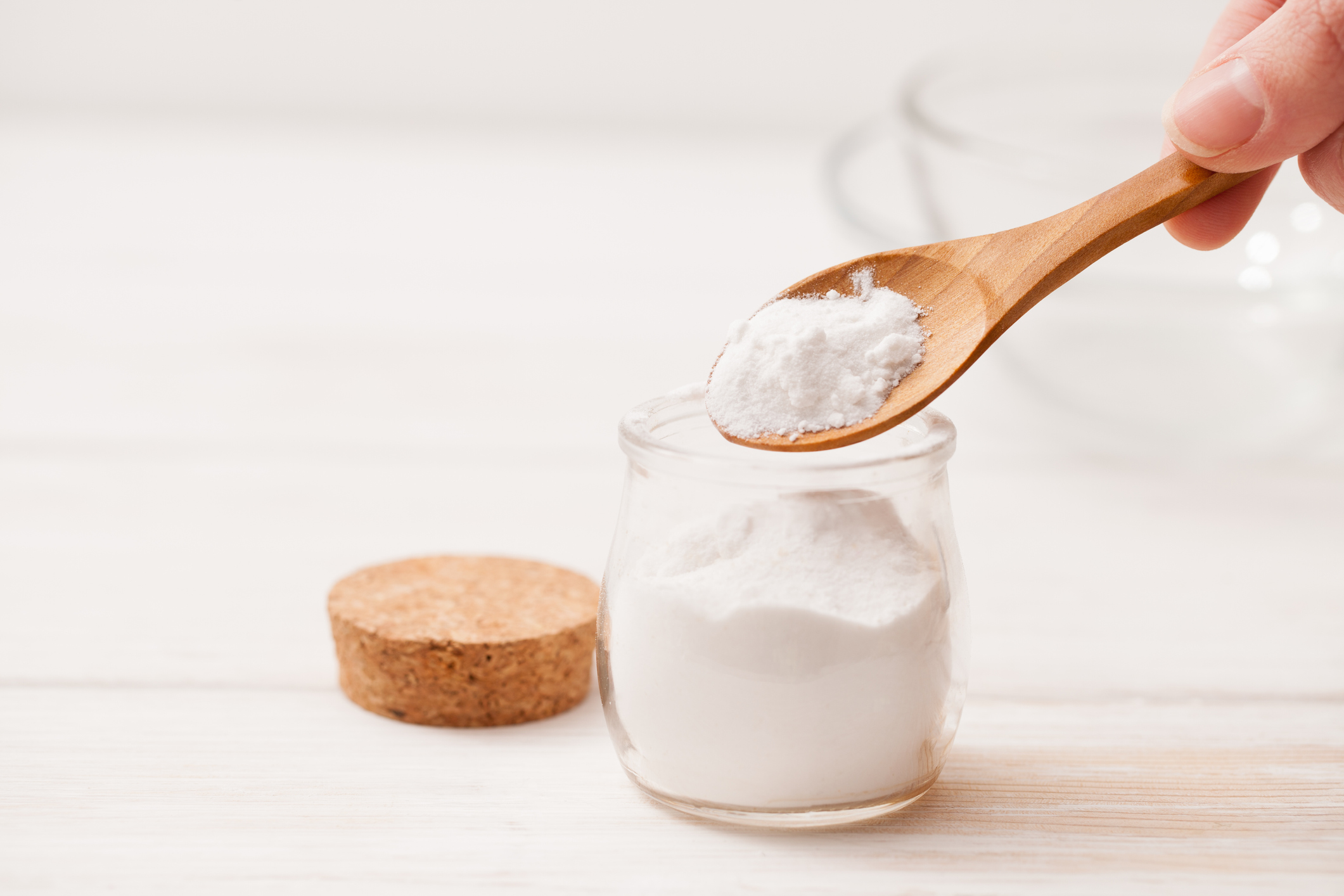
Hmm, baking soda is often used in DIY beauty treatments, so we were surprised to see that Dr. Shah does not recommend using it on your skin. When we looked into it, we learned that one of the reasons you shouldn't use baking soda on your face is because it messes with your skin's pH balance—the acid-to-base ratio. Skin is naturally acidic, and that acidity helps protect it from infections and acne. But baking soda is basic, and washing with it will remove the acidity from your skin, leaving you unprotected.
Don’t put deodorant on your face.
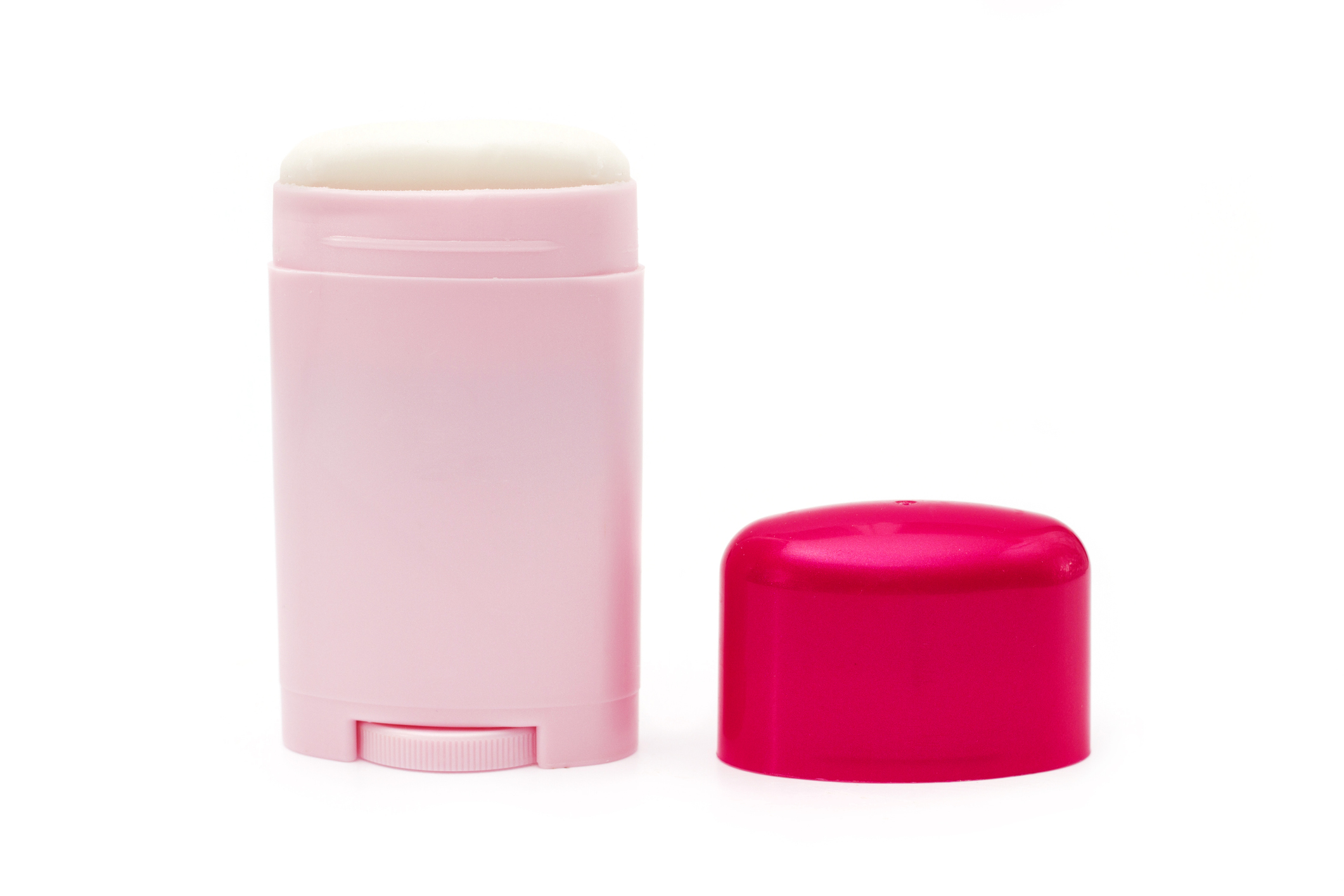
Some folks on social media suggest putting deodorant on your face before you apply makeup to create a matte effect. Honestly, it doesn't even make sense, because deodorant doesn't stop you from sweating—it just stops you from stinking when you sweat. Antiperspirant does stop you from sweating, but please don't put it on your face. It isn't formulated for your face and could cause some serious breakouts and irritation.

